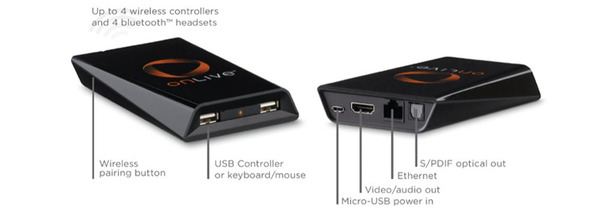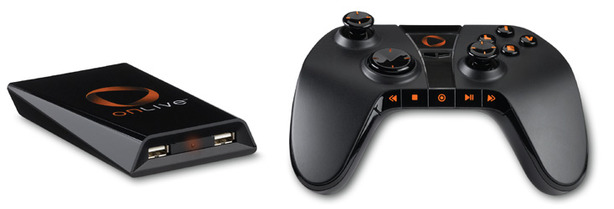Death of a Medium
Technologically speaking, these are very different times from the previous golden age of consoles, and this is partly due to Microsoft’s development of the original Xbox.Console manufacturers no longer develop their own graphics hardware, but instead rely on PC hardware manufacturers such as Nvidia and ATI to do the job. There’s very little to separate a console from a PC in terms of hardware now, and this is massively different from the days when the SNES had a completely different architecture to a 386 PC.
If you’re using PC hardware, then there’s little need to develop a separate console. All you really gain with a console over a PC is easy setup, a different controller and the knowledge that any game will run without issues. I know a few PC gamers who’ve switched over to consoles because they got fed up with the costs of upgrading, which is fair enough – but let’s not forget that an Xbox 360 wireless adaptor costs £60!
Also, despite the Wii’s initial success, the sales figures are still a long way off the golden age of the late 90s and early noughties. Over 138 million PlayStation 2 consoles have been sold worldwide, as well as 125 million original PlayStations. Compare that with 56.1 million Wiis, 27 million PS3s and 34 million Xbox 360s. I know that more consoles will be sold over the next few years, but you’d have to sell over five times as many PS3s to catch up with the PS2 now.
As late as February 2008 EA was still seeing the largest profits on the PS2 rather than any of the newer consoles - and by a very significant margin! With that in mind, I personally wouldn’t be surprised if Sony pulled out of the console market altogether after this generation and instead focused on new controllers and games, in much the same way as Sega after the Dreamcast.
Future tech historians may well laugh at what I’m about to say, but the console as we know it is now obsolete. However, as with PC gaming, this doesn’t mean that console gaming is dying, but rather evolving with the times. I think this console generation will be the last with proprietary, state of the art hardware and physical media, but people will still want easy-to-use gaming systems at home.
If there ever is a PlayStation 4 then it’s going to be very different from the consoles we know now. Instead, with fattening broadband connections, mainstream gaming is probably going to go towards the way of OnLive, where one big bank of hardware can churn out the power needed for broadband-connected gaming machines, without needing to fill a loss-making box with proprietary hardware. In fact, limited bandwidth is the only obstacle to this technology taking off worldwide.
The insane popularity of iPhone games has already shown that physical media and cutting-edge graphics aren’t essential, and “console” makers will also be able to keep a closer check on piracy with an online console that will need regular firmware updates. Not only that, but the death of physical media will also make it easier for indie developers to get a foot in the door without distribution costs, and this will be essential in an industry that’s currently bloated with tired sequels and gimmicky games targeted at the lowest common denominator.
In the meantime, we can expect to see much more in the way of usability advances and add-ons, such as new controllers, rather than increased processing power. The Wii has already shown that you don’t need state of the art graphics to make a successful console, and most people seem to be quite happy with the graphics on the PS3 and Xbox 360. I wouldn’t rule out one more generation of standard consoles as the business model gets down to its last legs, but in the future I’m certain that the console as we know it will have been replaced with new, online gaming systems.
Of course, you’re more than welcome to disagree with me in the forums or to check out our thoughts on the future of PC gaming for that matter!

MSI MPG Velox 100R Chassis Review
October 14 2021 | 15:04












Want to comment? Please log in.